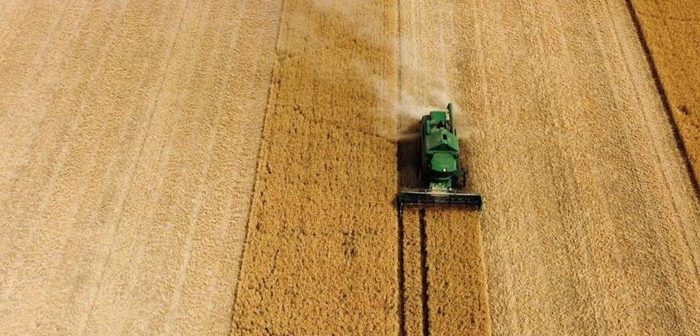President Putins speech on the invasion of Ukraine initially caused a great deal of volatility on the markets. But, as the day progressed things started to settle down as the market discounted the worst case scenario. However, the risk to supplies from the Black Sea are certainly remains as the Ukrainian export corridor agreement is due to expire in November and there appears to be little chance of any renewal.
Looking at production, weather related issues have trimmed Argentine maize estimates by 2m tonnes to 56m tonnes and wheat by 1.2m tonnes to 16.5m tonnes. A water shortage is generally attributed to be the main reason for the reduced sown area. Also early maize yields across France seem to be disappointing, backing up the predictions by the agriculture ministry who are now forecasting the lowest crop since 1990.
With US corn production also trimmed recently due to a smaller harvested area and a reduced yield projection, the global maize balance sheet continues to contract, providing spill-over support to the wheat complex.
Both London ICE and Paris Matif futures have followed the global trend higher this week. The euro and Sterling remain weak against the US dollar which provides some support to farm-gate values, as well as competitiveness from the region regarding export potential. The UK looks good value on the export market but is slow to write fresh business.
The recent strength in the US dollar following Federal Reserve rate hikes, together with the increasing bullishness of the European Central Bank, does not bode well for world economies and commodity demand. Buyers will remain on the defensive, only buying what they need, leaving the markets open to bouts of profit-taking as fund managers liquidate long positions built up on market rallies.
Oilseed rape
Paris rapeseed futures (Nov-22) closed at €574.75/t, gaining €3.25/t from Monday’s close. Rapeseed markets followed soyabeans higher as the US soyabean harvest is progressing slower than expected.
Fertiliser
The continued depreciation of the pound against the US dollar continues to force the price of granular urea costs in the UK adding up to £54/t onto the import price since July. Meanwhile granular urea markets are remaining stable with Chinese export figures for January to August 2022 down 58% year on year, highlighting global supply shortages. ABN claim that this weeks rise in global wheat prices will improve fertiliser affordability and help break even ratios, suggesting that purchasing in the UK may resume after a successful drilling campaign.




